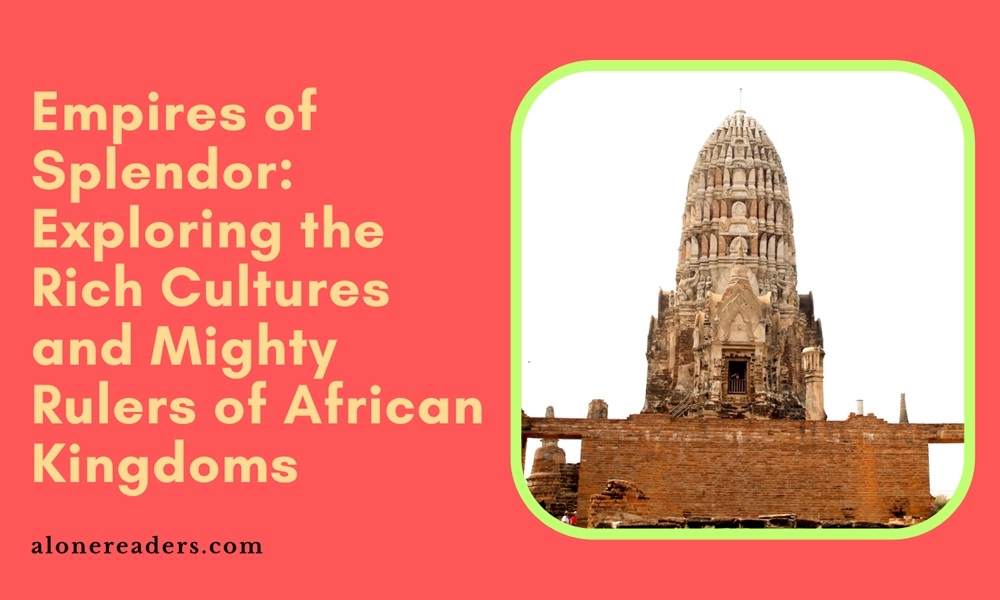
Africa, often described as the cradle of civilization, is home to some of the most intriguing and culturally rich kingdoms in human history. This article delves into the tapestry of African history, exploring the diverse cultures and powerful rulers who shaped the continent's destiny.
The story of African kingdoms often begins with the magnificent civilization of ancient Egypt. Renowned for its architectural marvels like the Great Pyramids of Giza and the Sphinx, Egypt was also a center of learning and culture. Pharaohs such as Tutankhamun and Cleopatra have become synonymous with the idea of powerful, divine rulership. Egypt's contributions to mathematics, astronomy, and medicine were pivotal in shaping human knowledge.
To the south of Egypt lay the Kingdom of Kush, a realm often overshadowed by its northern neighbor but no less remarkable. Centered around the region of Nubia, the Kushite empire was known for its wealth in gold and iron. The Kushites built impressive pyramids and temples and were known for their skilled archers. Rulers like King Piye, who conquered and ruled over Egypt for a period, are a testament to Kush's might and influence.
On the northern coast of Africa, the Carthaginian Empire, founded by Phoenician settlers, became a dominant maritime power. The city of Carthage, under the leadership of figures like Hannibal, challenged the might of Rome itself. Carthage was a center for trade and culture, with innovations in navigation and city planning.
West Africa saw the rise of the Ghana Empire, often called the "Land of Gold." This kingdom's wealth came from its control of gold and salt trade routes across the Sahara Desert. The empire was known for its opulent rulers, advanced social structures, and as a center for learning and culture, particularly the city of Timbuktu.
Following the decline of Ghana, the Mali Empire rose to prominence under the leadership of rulers like Sundiata Keita and Mansa Musa. Mansa Musa's pilgrimage to Mecca in 1324 is often highlighted for its display of wealth and generosity. The Mali Empire was also a hub for Islamic scholarship and culture, with the University of Timbuktu attracting scholars from across the Muslim world.
In Southern Africa, the city-state of Great Zimbabwe stood as a testament to African architectural skill. Famous for its massive stone structures and city walls, Great Zimbabwe was a center of trade and culture, connected to the Indian Ocean trade network.
The Zulu Kingdom, under the leadership of Shaka Zulu, became one of the most influential and feared military powers in Southern Africa. Shaka revolutionized military tactics and organization, creating a disciplined and efficient army that expanded the Zulu territory significantly.
Ethiopia, one of the oldest nations in the world, has a history intertwined with both African and Judeo-Christian traditions. The Ethiopian Empire, with its ancient churches carved out of rock in Lalibela and the legend of the Queen of Sheba, stands as a unique testament to Africa's diverse cultural heritage.
The rich tapestry of African kingdoms is a story of diversity, innovation, and resilience. These civilizations contributed significantly to global history through their advancements in science, art, architecture, and governance. The rulers of these empires, with their complex societies and cultures, laid foundations that continue to influence the world today.
The legacy of Africa's ancient kingdoms reminds us of the continent's central role in the human story and the enduring power of its cultures and people.